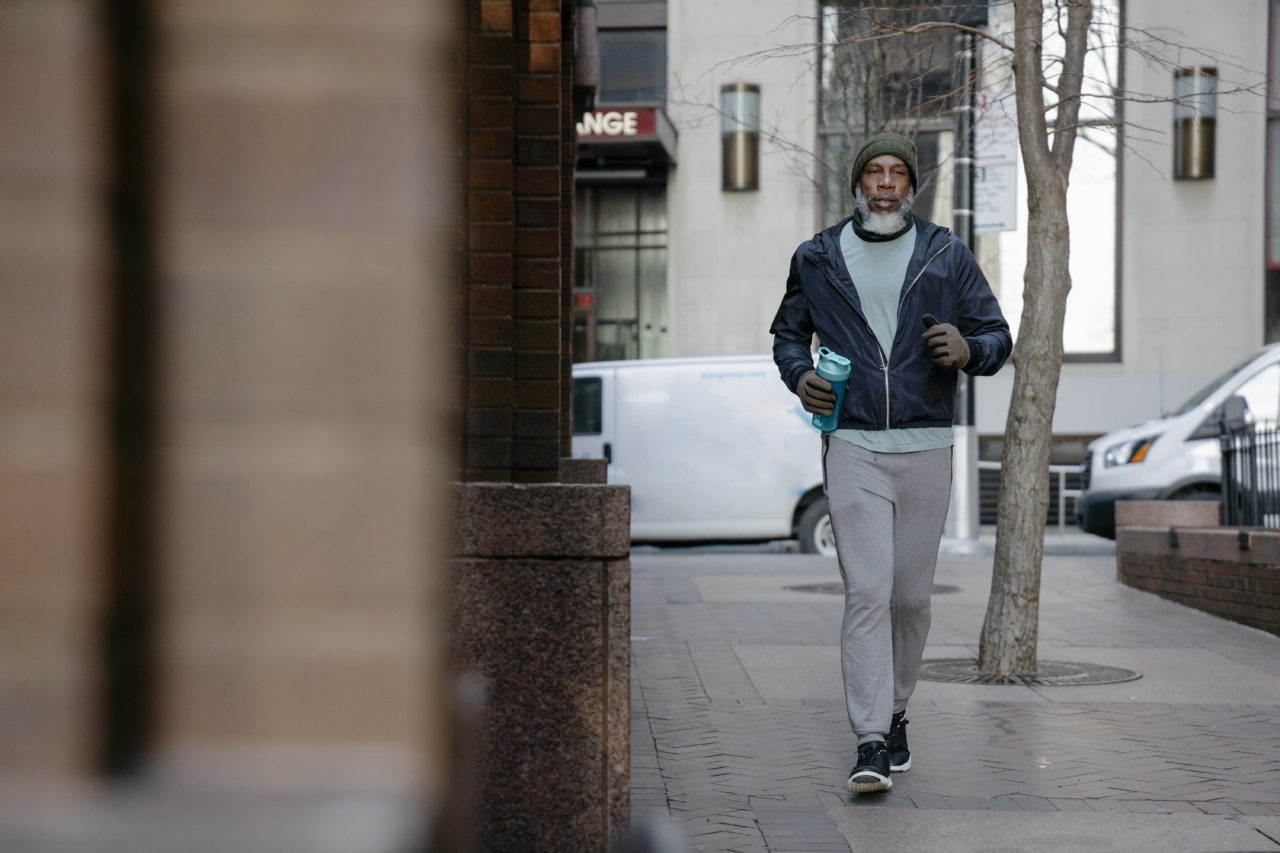Pimples, also known as acne, are a common skin condition that affects people of all ages. They can be caused by various factors such as hormonal changes, improper skincare, and excessive oil production.
While they are not a serious medical condition, pimples can be bothersome and can have a negative impact on one’s self-esteem. Fortunately, there are several healthy and effective ways to eliminate pimples and achieve clear, blemish-free skin. In this article, we will discuss ten such methods that you can incorporate into your skincare routine.
1. Cleanse your face twice a day
One of the most crucial steps in preventing and treating pimples is keeping your face clean. Make sure to cleanse your face twice a day, once in the morning and once before bed, using a gentle facial cleanser.
This helps remove excess oil, dirt, and bacteria, preventing them from clogging your pores and causing pimples.
2. Use non-comedogenic skincare products
When choosing skincare products such as moisturizers, sunscreens, and makeup, opt for non-comedogenic or oil-free options. Non-comedogenic products are specially formulated not to clog pores, reducing the likelihood of pimples and breakouts.
3. Avoid touching your face
Constantly touching your face can transfer bacteria and dirt from your hands to your skin, leading to clogged pores and pimples.
Make a conscious effort to avoid touching your face throughout the day, and if necessary, use a clean tissue or cloth to scratch an itch or handle your face.
4. Exfoliate regularly
Regular exfoliation helps remove dead skin cells that can clog pores and contribute to pimples. However, be gentle when exfoliating and avoid scrubbing too hard, as it can irritate the skin and worsen the condition.
Use a gentle exfoliating scrub or consider using chemical exfoliants containing ingredients like salicylic acid or glycolic acid.
5. Follow a balanced diet
What you eat can have a significant impact on your skin health. Incorporate a balanced diet rich in fruits, vegetables, whole grains, and lean proteins.
Avoid excessive consumption of sugary, processed foods, as they can trigger hormone imbalances and promote pimple formation.
6. Stay hydrated
Drinking an adequate amount of water throughout the day helps flush out toxins from your body and maintain healthy skin. Aim for at least eight glasses of water daily to keep your skin hydrated and promote its natural healing process.
7. Use tea tree oil
Tea tree oil is a natural remedy known for its antibacterial properties, making it an effective treatment for pimples.
Dilute a few drops of tea tree oil with a carrier oil, such as coconut oil, and apply it directly to the affected area using a cotton swab. It helps reduce inflammation and kill bacteria, speeding up the healing process.
8. Apply benzoyl peroxide
Benzoyl peroxide is an over-the-counter medication that can effectively combat pimples. It works by killing the bacteria that cause acne and reducing inflammation.
Apply a thin layer of benzoyl peroxide gel or cream to the affected area after cleansing your face.
9. Don’t squeeze or pop pimples
Although it can be tempting, squeezing or popping pimples can lead to scarring and further inflammation. It can also introduce more bacteria into the area, worsening the condition.
Allow pimples to heal naturally or consult a dermatologist for safe extraction methods if necessary.
10. Manage stress levels
Stress can worsen skin conditions such as acne. Incorporate stress-management techniques such as meditation, yoga, or regular exercise into your daily routine.
Additionally, ensure you get an adequate amount of sleep to allow your body and skin to rejuvenate.






























